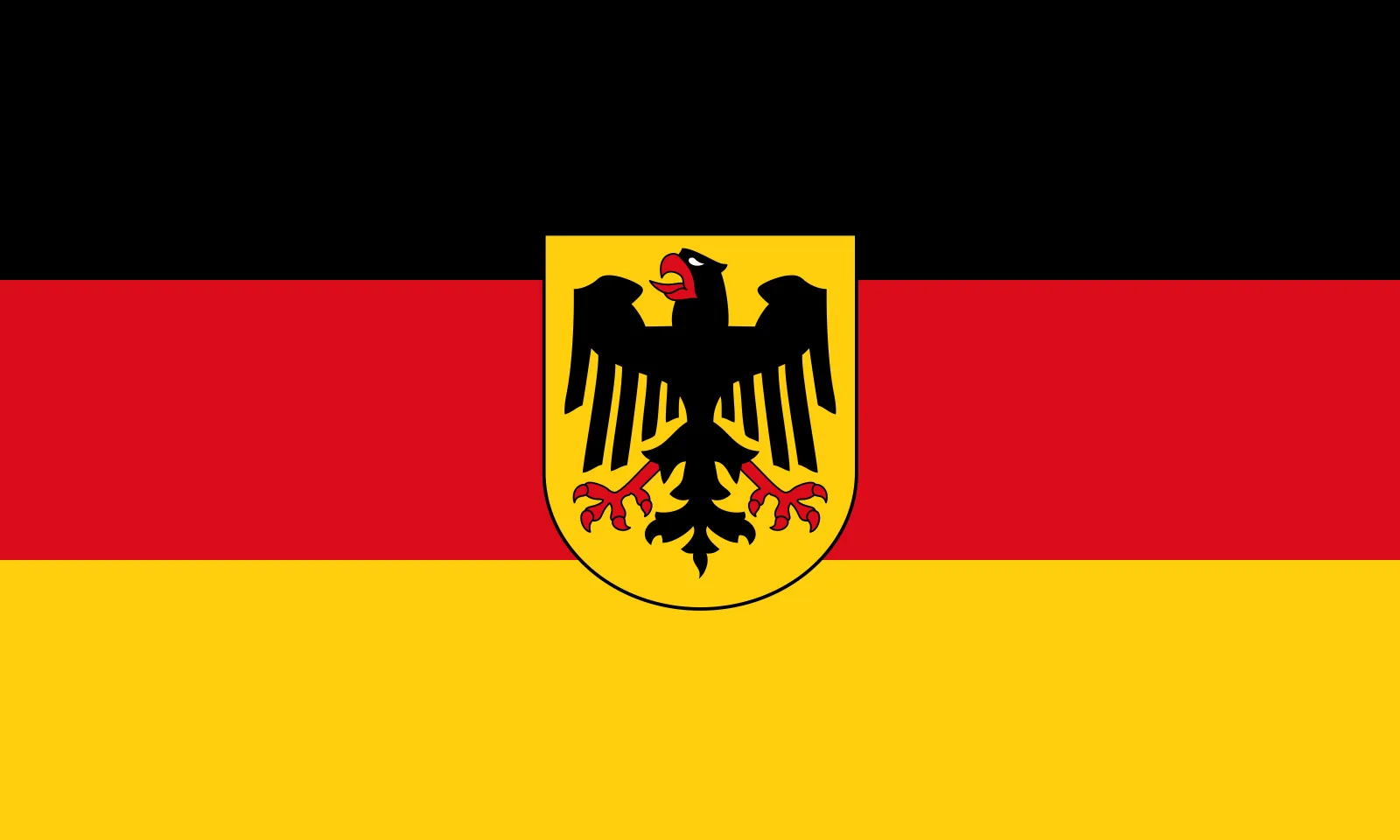SMART CAREER PATHWAY

Opting for a nursing career can be an incredibly rewarding decision, as it offers a unique blend of personal fulfillment, professional growth, and the opportunity to make a positive impact on people's lives.
Here are some reasons why you might choose a nursing career:
- Make a Difference
- Job Security and Demand
- Diverse Career Opportunities
- Flexibility
- Competitive Salary and Benefits
- Opportunities for Growth
- Personal Fulfillment
- Teamwork and Collaboration
- Lifelong Learning
- Global Opportunities
Overall, a nursing career offers a wide range of benefits, including personal fulfillment, professional growth, and the chance to make a real difference in the lives of patients and their families. If you're passionate about healthcare and want a career that offers both challenges and rewards, nursing might be the perfect fit for you.
MINIMUM ELIGIBILITY CRITERIA
- B.Sc or M.Sc in Nursing
- IELTS score above 6/ TOEFL score above 95
- 4-7 years of during and post-graduation experience
TYPES OF HIRING COMPANIES
There is huge scope for healthcare professionals in the following fields:
- Private Hospitals
- Public Hospitals
- Specialist Clinics
- Schools and Academia
- Sports Management
- Health Care Companies
WORK VISA AND RELOCATION PROCESS
Visa and relocation requirements for international healthcare professionals seeking to study and work in Europe can vary depending on the specific country and profession. However, here are some general points to consider:
- Student Visas: International students pursuing healthcare studies in Europe typically need to apply for a student visa or residence permit. The requirements and application process can vary by country, so it's essential to check the specific requirements of the country where you intend to study.
- Professional Recognition: For healthcare professionals who have completed their education and training outside of Europe, professional recognition may be required to practice in Europe. This process involves having your qualifications evaluated and verified by the relevant regulatory bodies or professional associations in the country where you wish to work.
- Work Permits: Once healthcare professionals have completed their studies and obtained their qualifications, they may need to apply for a work permit or work visa to be employed in Europe. Work permits vary by country and may have specific requirements related to qualifications, language proficiency, and job offers from recognized employers.
- Residence Permits: In addition to work permits, healthcare professionals may need to obtain a residence permit to legally reside and work in Europe. The specific requirements for residence permits can vary by country.
- Language Proficiency: Proficiency in the local language of the country where you intend to work is often necessary, particularly for healthcare professionals directly involved in patient care. Language proficiency requirements may vary, and some countries may require language proficiency tests as part of the visa or professional recognition process.

